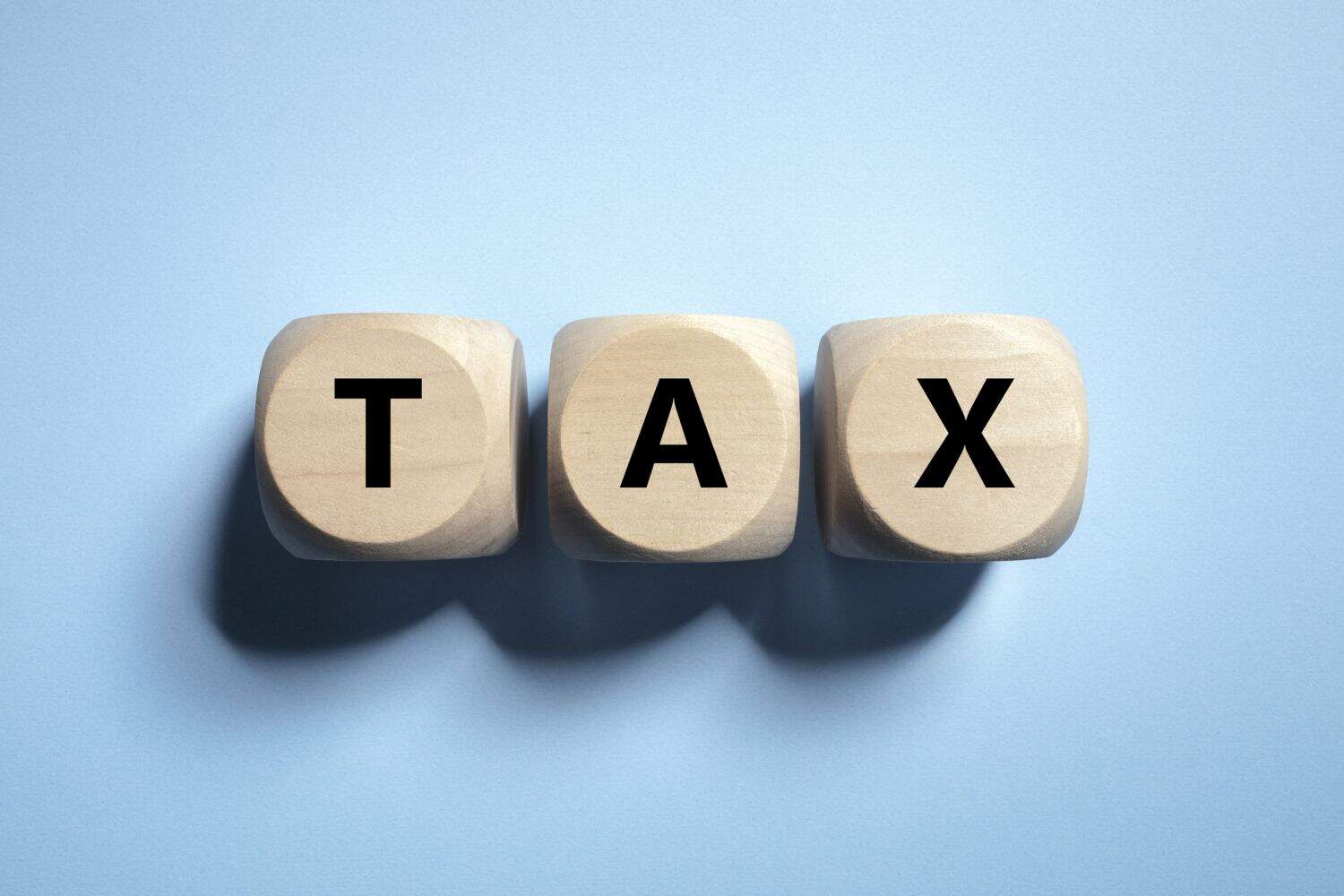If you are about to earn taxable income, this guide is for you.
Starting your first job means a lot of new responsibilities, formative learning curves, a salary… and taxes.
Handling taxes is often the most difficult task for new employees. Their heads buzz with questions such as ‘what do I need to know about tax? When do I start paying tax? How does tax even work?’.
If you are about to earn taxable income, this guide is for you, whether you are a recent graduate, a student earning some cash on the side, or just curious about what you need to know about taxes in South Africa.
Here is a breakdown of tax basics you need to know as you kick off your career:
When do I need to register for tax after completing my studies?
Tax specialist Geo Kilian says once a person starts earning an income, tax becomes a part of their life, but not always right away.
“In South Africa, you are generally required to register as a taxpayer with the South African Revenue Service (Sars) if your taxable income exceeds the annual tax threshold.
“For the 2025 tax year, this threshold is at R95 750 for all those under 65. Remember this figure changes annually, so it is always a good idea to confirm the latest details on Sars’ website.”
He adds that the employer will usually handle Pay-As-You-Earn (PAYE) tax registration for those who are starting their first job. This is to allow Sars to deduct tax directly from your salary.
However, if you’re a freelancer, you must register yourself. This can be done on Sars’ online platform, eFiling, or at a local branch.
ALSO READ: Sars records increase in taxpayers who filed returns
Medical expenses can help lower your tax liability
Kilian says medical expenses can help lower your tax liability if handled correctly.
“If you are on a medical aid scheme and you are the main member of that scheme (maybe through your new job), South Africa offers Medical Tax Credits (MTCs).
“For 2025, these are estimated at R364 per month for the main member, R364 for the first dependent, and R245 for each additional dependent (figures are subject to annual adjustments, so always check the Sars website for updates). These credits reduce your tax bill directly.”
To claim them, you’ll need to file a tax return via eFiling once tax season opens (usually in July). Your employer’s IRP5 certificate or your medical aid’s tax certificate will provide the details regarding your contributions.
What is eFiling, and how do I use it?
“eFiling is your go-to platform for managing your taxes online; no queuing at a branch is required. It’s where you can submit tax returns, check for refunds, or confirm if you have underpaid.
“Once registered, you’ll submit an ITR12 form each year. This form summarises your income, deductions, and tax credits. Your employer will submit an IRP5 (a document showing your salary and PAYE deductions) to Sars and supply you with a copy of the same,” he adds.
Tax season typically runs from July to November for those who earn salaries, and eFiling offers a step-by-step guide through the whole process.
ALSO READ: Tips to get on top of your tax return
What does ‘assessment’ or ‘self-assessment’ mean?
He says after you submit your tax return, Sars “assesses” it by reviewing your calculations to determine if you’ve underpaid or whether you qualify for a refund.
For most new employees, this is automatic: your PAYE contributions already cover most of your tax liability, and eFiling simply confirms it.
In some cases, you might receive a refund if too much tax was deducted, or you could owe more if there’s a shortfall.
“Self-assessment” on the other hand, applies if you’re not on PAYE. This is usually if you are a freelancer or have extra income, such as interest from savings.
“In these scenarios, you calculate your own tax and submit it via eFiling, often with provisional tax payments twice a year (August and February).
“Once Sars completes the assessment, they will issue an ITA34 notice, called an original assessment, summarising the outcome. Be sure to keep it as proof of your tax status. It indicates whether you owe more tax or are due a refund.”
